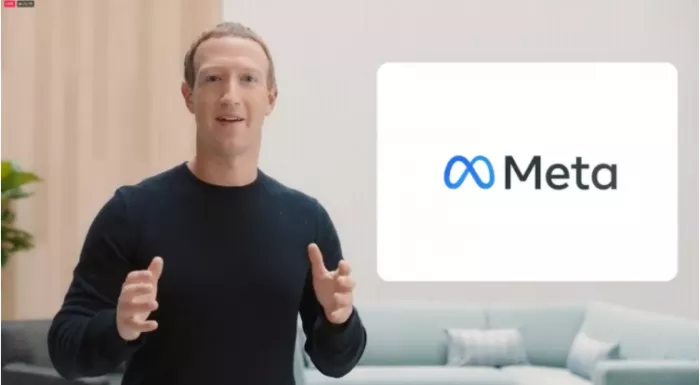In the morning of May 20, Beijing time, it is reported that Facebook is using a front-line organization to hide itself and launch publicity through columns in local newspapers across the United States to lobby the U.S. Congress to abandon antitrust legislation to promote competition in the technology industry**

According to the Washington Post, American edge, a political lobbying organization founded by Facebook, launched a public relations campaign in March. At that time, the US Senate was about to announce a bipartisan legislation aimed at curbing technology giants.
According to the report, although these advertisements and columns claim to be from organizations representing small businesses, they are actually funded by Facebook, one of the world's richest companies. These advertisements and paid articles warn that the new legislation "is a misguided agenda" and will "deprive us of the technology we use every day".
Last month, the New York Post took the lead in reporting that some local business owners have published dozens of columns and letters to editors in a number of small publications across the United States, but they are working for Facebook and Google The wording of these articles is surprisingly similar when defending large technology companies.
The US Senate legislation targets technology companies with the largest valuation and user base, and the affected companies may include Apple , Amazon , Google, Facebook and Microsoft Wait. These companies will be banned from favoring their products and services in search results, and the legislation also proposes other measures aimed at promoting competition.
According to the Washington Post, Facebook is the sole sponsor of American edge, which pays for columns in dozens of local newspapers in the United States and makes it look like the grassroots are trying to oppose the antitrust legislation.
American EDG also commissioned research to try to prove that the new legislation will harm the U.S. technology industry. In some advertisements, the Organization warned that if the United States imposed antitrust restrictions on the largest technology companies, it would lose the international advantage of the technology industry.
Some advertisements appear to come from small business rights organizations, such as the alliance, an economic development organization in Mississippi. Clayton Stanley, President and CEO of the alliance, wrote in the Mississippi Business Daily: "rather than attacking these digital platforms, we need to work with them to provide innovation and channels for enterprises to help us survive." Mississippi is thousands of kilometers away from Silicon Valley, the home of technology companies.
Critics accuse Facebook of hiding behind the scenes in order to more smoothly convey its expected information to the unsuspecting public. If a more transparent approach is adopted, the public is likely to be reluctant to accept such information.
On the other hand, in public, meta platforms, Facebook's parent company, said it was willing to cooperate with legislators to promote the reform of Internet industry regulation.
"We have made it clear that we support the efforts of American edge, which aims to make the public aware of the help brought by the U.S. technology industry. At the same time, the proposed antitrust reform will not help solve the problems in the areas of greatest concern and may weaken the competitiveness of the United States," a spokesman for the company said
Doug Kelly, CEO of American edge, said the organization received a "seed fund" from meta, but later the organization also attracted more funders. "This progress is due to the strong awareness that protecting the scientific and technological advantages of the United States is a valuable and meaningful effort," he said
Kelly denied that Stanley was paying for advertising. He also explained why the relationship with meta was not disclosed in advertisements and columns. "The Washington Post may not disclose the name of the parent company Amazon on its front page, but American edge has displayed Facebook's name in a prominent place since its launch."